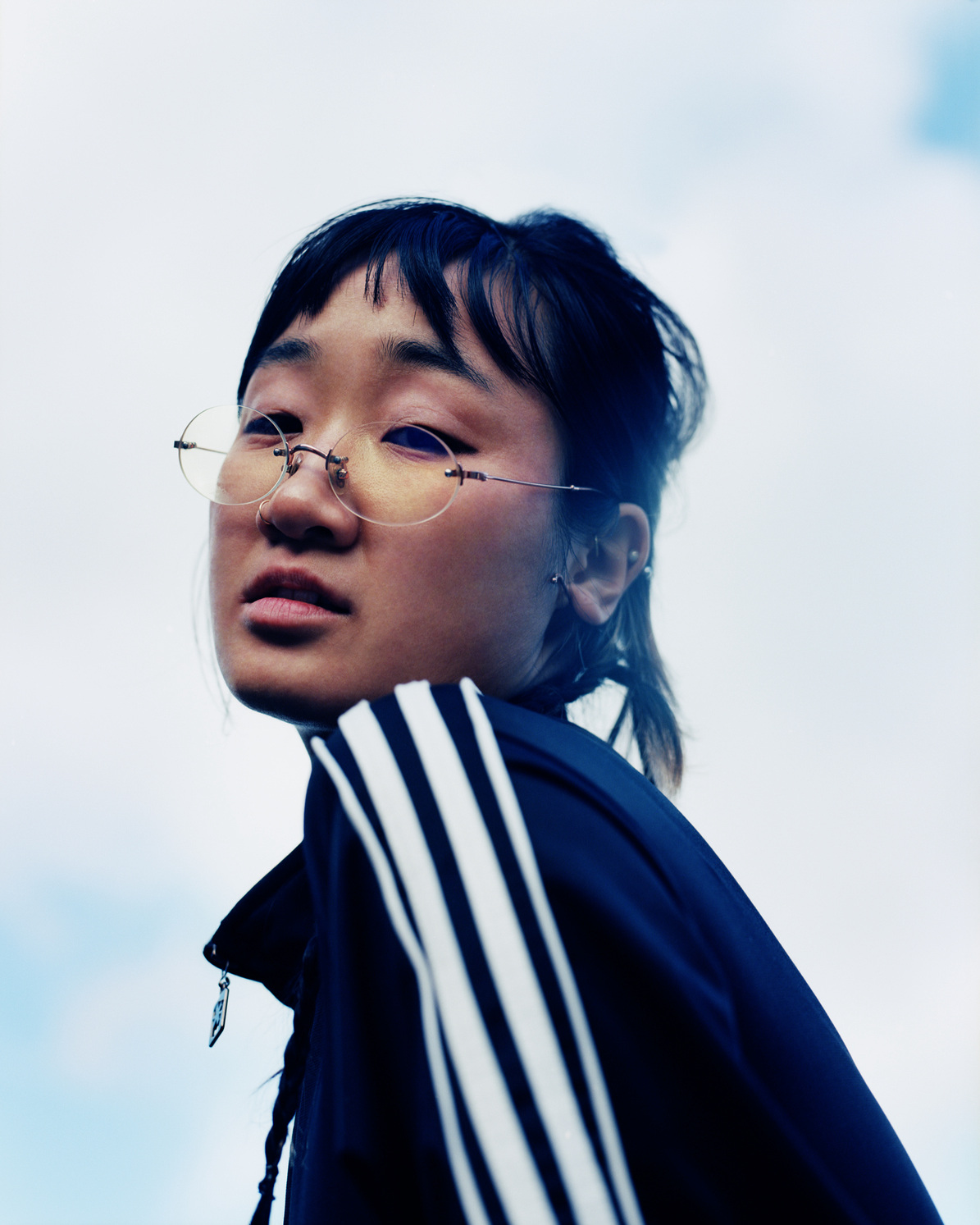
2023 has been a momentous year for Celine Song and Kathy Yaeji Lee. Song made the jump from playwright to director with her feature debut, Past Lives. A minor-key masterpiece, the autofictional film unspools the twin processes of longing and letting go through the intertwined lives of its three protagonists.
A few months after its premiere at Sundance, Yaeji, the moniker Lee has adopted since blazing onto the electronic music scene six years ago, released her first album, With a Hammer. A kaleidoscopic sampler of the sonic elements that have made her a beloved figure for the Internet generation—syncopated beats, a voice that slaloms between the lilting and percussive, and deceivingly simple lyrics—the LP centers the catharsis of rage.
Yaeji didn’t sit with that accomplishment for long though. As she hops on the plane for an E.U. tour today, she leaves behind a brand new single, “easy breezy,” and accompanying music video. Ahead of a busy fall, she called up Song, who’s already thinking about her next move, to talk about silence in the age of TikTok, the in-betweenness of their Korean American identities, and unapologetically diving into their desires.
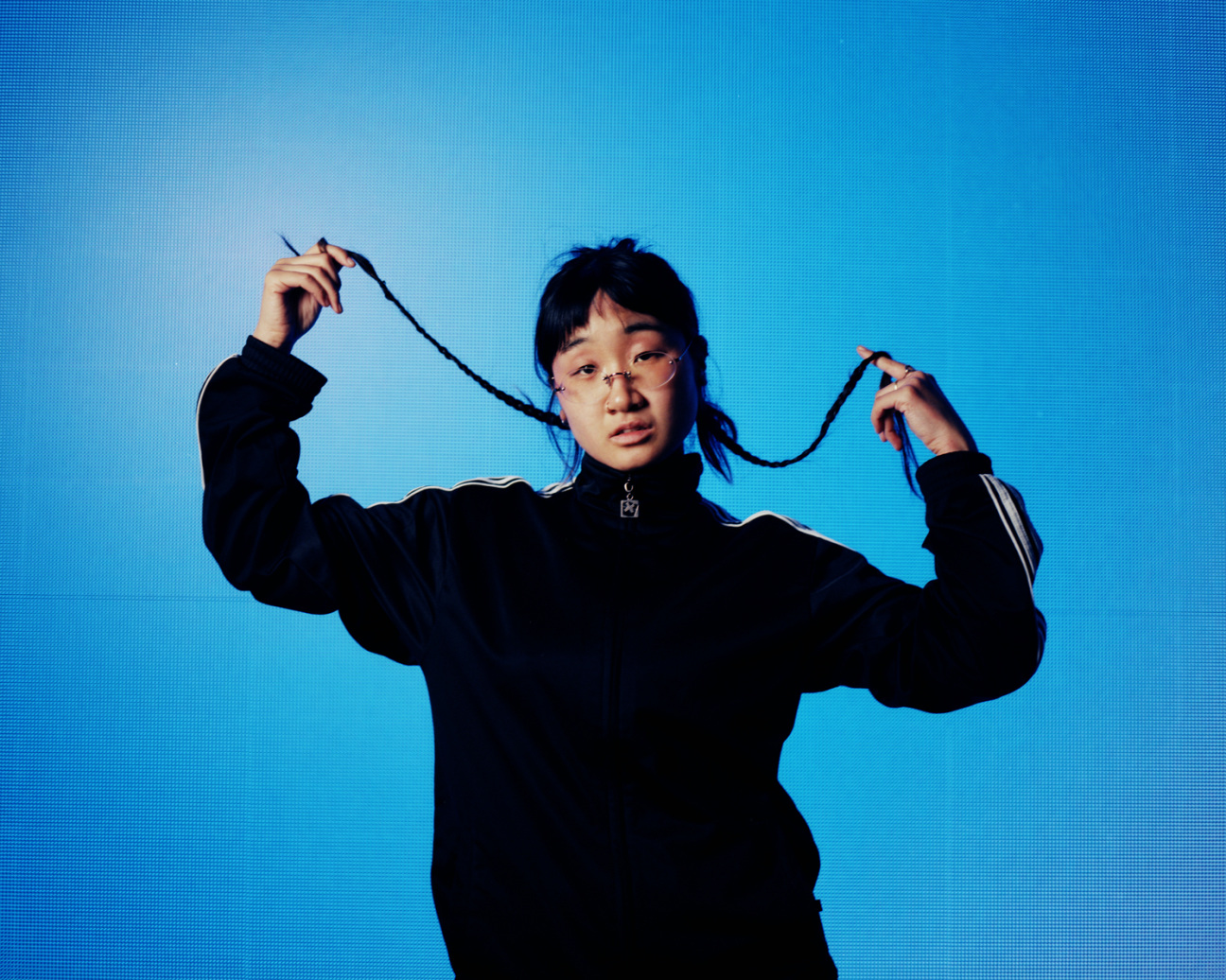
Celine Song: How are you?
Yaeji: I'm good. Usually when I'm about to go on tour, my mind is a little bit anxious and scrambling because I am a homebody. I'm just getting ready for that mode right now. How about you?
Song: I'm deep in that. I feel like I've been going to Los Angeles every weekend to support this movie. I know what to order at each hotel now, you know? You’re about to go on tour, but your new single is also about to drop, right? I watched the music video!
Yaeji: It’s so jokes. You just made this crazy film, and I just made this short thing about bananas … But making music videos is one of my favorite things about being able to do this job. The first time I did it was for “Raingurl.” I was in my early 20s and definitely knew nothing, but I had so much energy and passion and drive. I got a warehouse space because I happened to work in this industrial complex and befriended the son of the owner there. He was like, “Yeah, you can use that warehouse, I'll get you settled,” and there was no power! So we brought in generators and all my friends—it was a 36-hour shoot!
Music videos are very different from any other video format. They’re really short and very specific, and usually there's no funding. There's something so freeing about that too—that it's so different from anything else I engage in the music industry. For the [“easy breezy”] video, I had a lot of fun and left room for improvisation and not being too perfectionist and controlling. I'm curious about how you interfaced with music in [Past Lives] because they really go hand in hand.
Song: I think that the goal of making a music video versus having music in a movie is that the goal of music videos is for the music to shine, right? [Whereas] the film itself cannot drown out the music because the main character is the music. I loved your music video for [“easy breezy”] because you can somehow hear the music better because of the music video.
Yaeji: How do [you engage with] videos getting shorter and shorter—the ones that we engage with in day-to-day life? Are you impacted by that at all?
Song: You’ve seen my movie, so you know it has moments where nothing happens except silence.
Yaeji: It’s like the opposite of TikTok!
Song: I had a theory that when the audience is asked to sit in that kind of silence and do nothing, they will come along because they have stakes in the story or in the character. And what I've loved about releasing the movie into the world is feeling that everything I believed about the audience is true. They actually do want to sit in the two minutes of silence.
Yaeji: The faith you have in the viewers is beautiful. That's something I learned recently too. When I was a bit younger, sometimes I was afraid of the people who engage with my music because I didn't know who they were. More recently, I’ve realized that most of the people that like my music have something in common with me and maybe that's why we gravitate towards each other.
So preparing for this release now, I'm way more comfortable than I used to be before in terms of worrying about how the world is going to receive it. I’m more focused on, This is how I felt, this was my intent when I made it, I hope it touches you the same way. If not, I'll learn something new from how you interpret it. It’s this angle of curiosity instead of anxiety. Creatively, I am very chaotic and messy, and I never know what the final product will be.
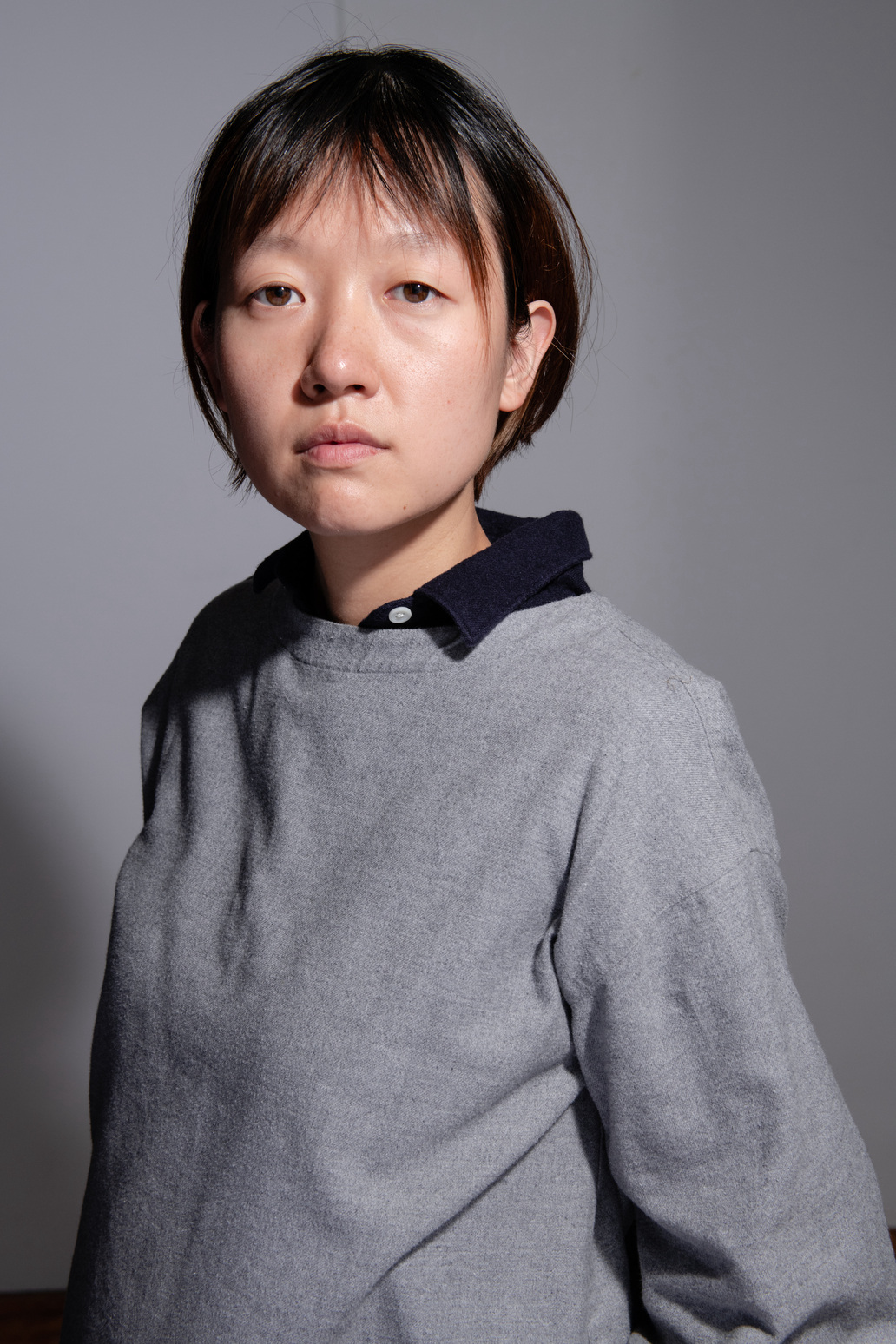
Song: It’s so amazing that you talk about chaos as a part of your process because I am such a total control monster. Do you feel like you want to be involved with every aspect of making something?
Yaeji: Yeah, if I don't understand something, I want to learn it so that I can communicate with you better. Like, if you're a gaffer, I want to learn exactly what you're doing, so that when I'm directing, I can communicate what I want.
Song: Yeah, totally. Being a director is being a professionally fiery person, right? You're the fire that is running the engine of the whole thing. I can imagine that’s also fundamental in making music. Your album does not need to exist, except that you're willing it to exist.
Yaeji: It's true. And usually it is about my direct life experience, which in this case with this film, it is for you as well. But I was curious how you felt because you're not in it. Someone else has to act as you, with the words you've written. How does that feel?
Song: What’s easier for me is that I can actually very much detach myself from the role. So I wasn't asking my actress to play, I was asking my character. That's the amazing thing about when you're ultimately making a fictional character. The truth of it is that the goal is not to recreate something. If you think about Tennessee Williams, he just wrote plays about him and his sister, all of his life. I don't think that anybody went to him and said, “What does your sister think of this?”
Of course, there is a very real thing where we are explicitly and intentionally exposing parts of ourselves. And I know that, for example, you’ve said before that you love using Korean in your music because it makes you feel private. There is a very real thing that I felt that way about in making my own movie.
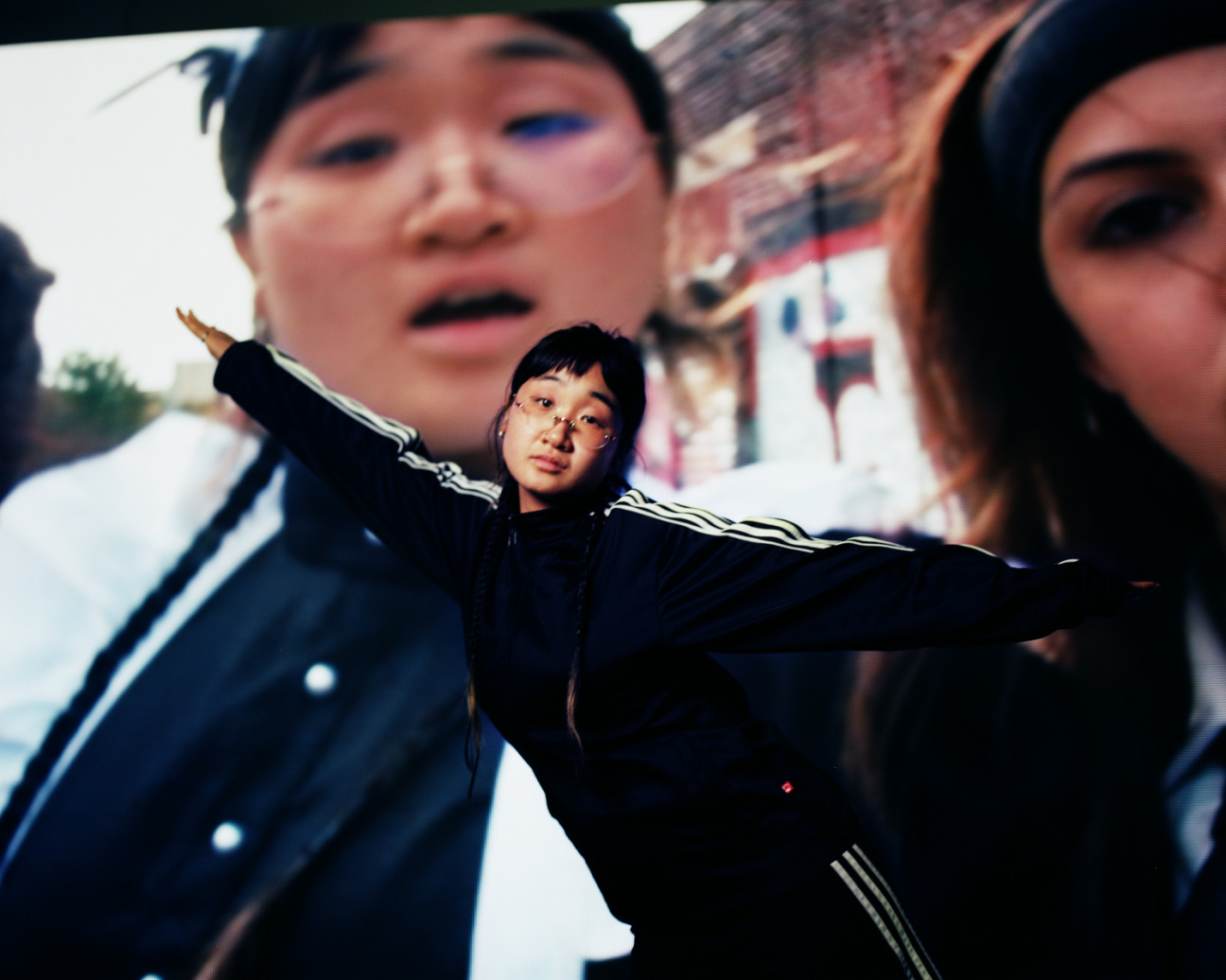
Yaeji: Did you ever then think about a Korean audience watching it when you were creating it?
Song: I always want them to know that it is something that is coming from one perspective and it is mine. I'm not as Korean as they might think I am, just because I speak Korean. I'm pretty westernized, so it's hard for me to really say, “Well, I really get Korea so I know what to give them, right?” All I can really hope for is for it to feel real to me, and all I can ask for is grace. What about you?
Yaeji: What you said is honestly so brave and grounded and that was the same sensation that the movie gave me. So much so that it actually made me uncomfortable in a profound way, the acceptance of this unknowing, especially identity-wise. And you saying, “I'm not as Korean as you think, I grew up in the West,” that's actually such a baddie thing to say because obviously you have a very specific experience, right? I think that's what the movie was, was this acceptance and comfort of this weird in-between [Nora is] in. I think it just made me realize, oh maybe I haven't accepted the weird in-between I’m in.
Song: When I listen to your music and see your music videos, it's so often about the in-between. It's like the dog whistle. I feel like I can hear it because I also live in the in-between and I also speak the in-between, which is a whole other country that you and I live in … I want to talk about your [“easy breezy”] music video and when you show up in the maid costume. I felt such a powerful catharsis in that moment because I know how I am seen in this body that I'm in. There is a part of me that is always in a little cute maid costume that drives the weebs wild. There's something about your music video that felt so in touch with the joy of being a little Asian girl which I know you and I both identify with.
Yaeji: I was truly trying to just feed into my desires of “I want to wear a maid costume because I fucking like how that looks, and I like the culture in which it came from, which is anime and otaku culture.” Sometimes, in the back of my head I am thinking about weebs, but really, it's me just unapologetically diving into my own desires.
Song: It is so connected to our own desire and what looks great. We know we look good in a maid costume; we just do.

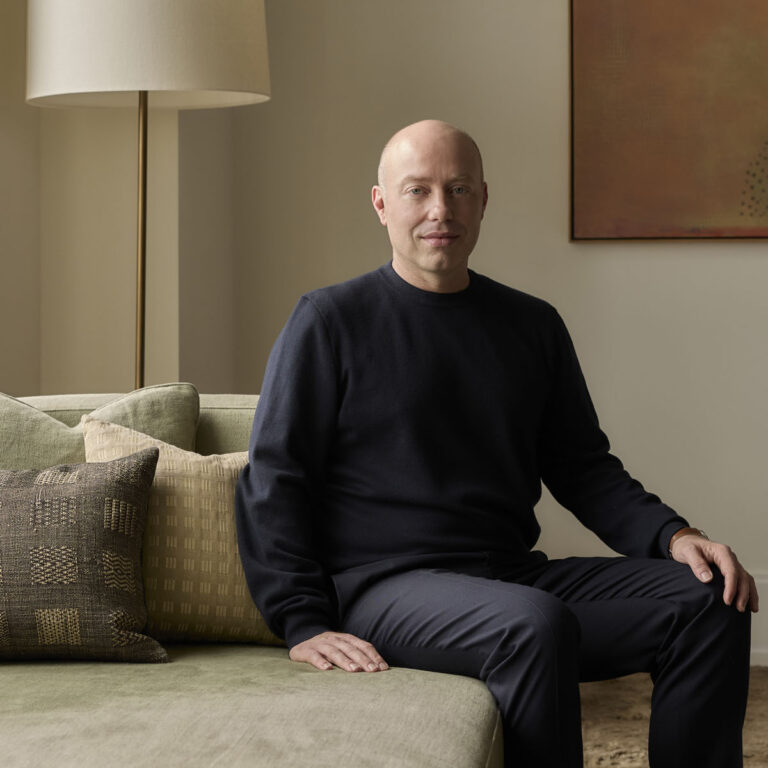
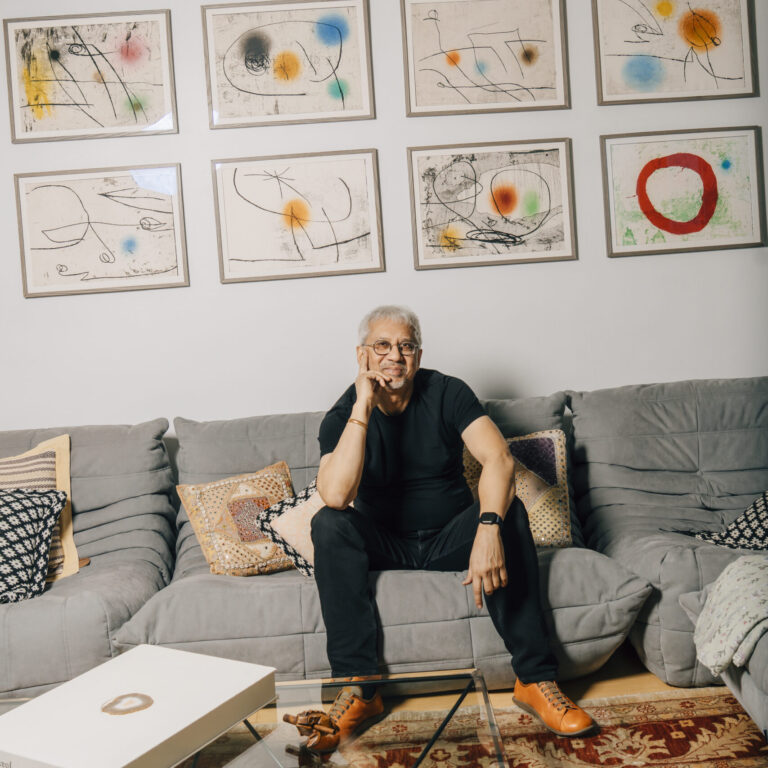
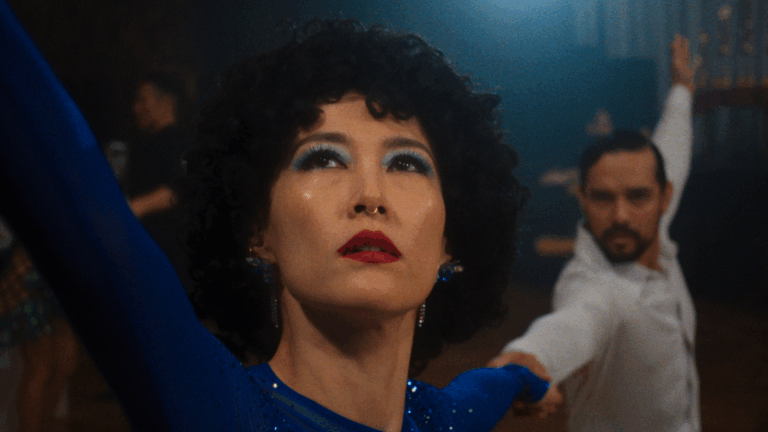
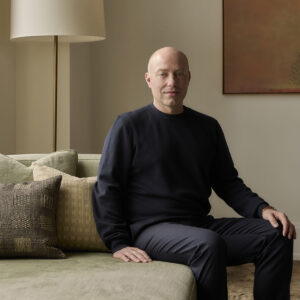
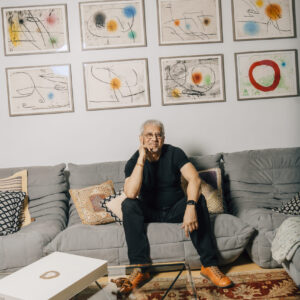
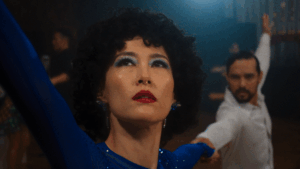



 in your life?
in your life?

